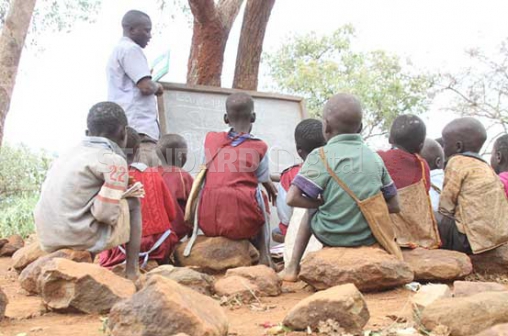×
The Standard e-Paper
Fearless, Trusted News

Many schools in Baringo North and Tiaty are almost deserted as hundreds of pupils drop out.
The rising cases of school dropouts, affecting both boys and girls, have been attributed to the movement of families in search of water and pasture for their livestock.